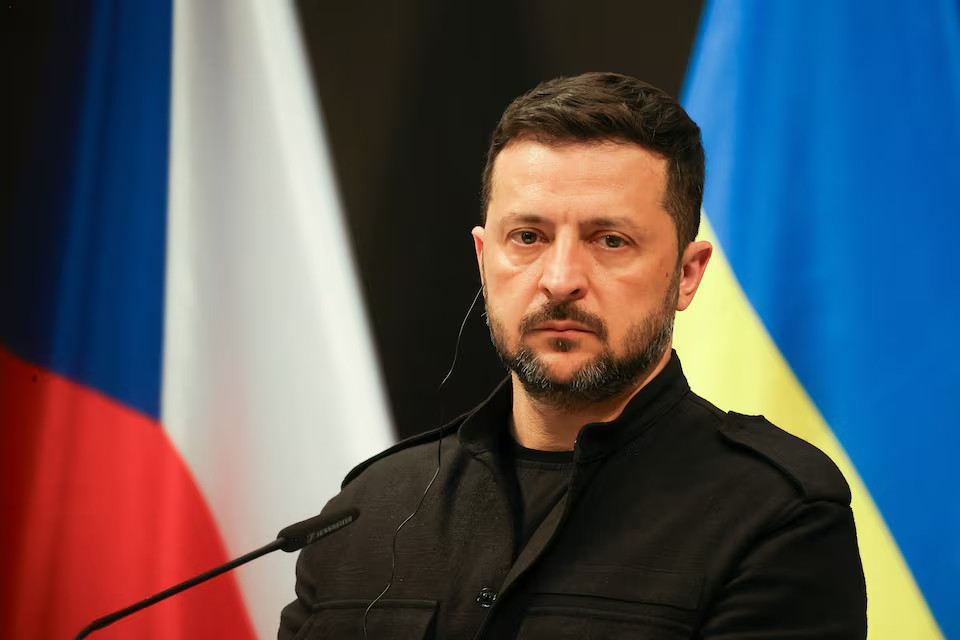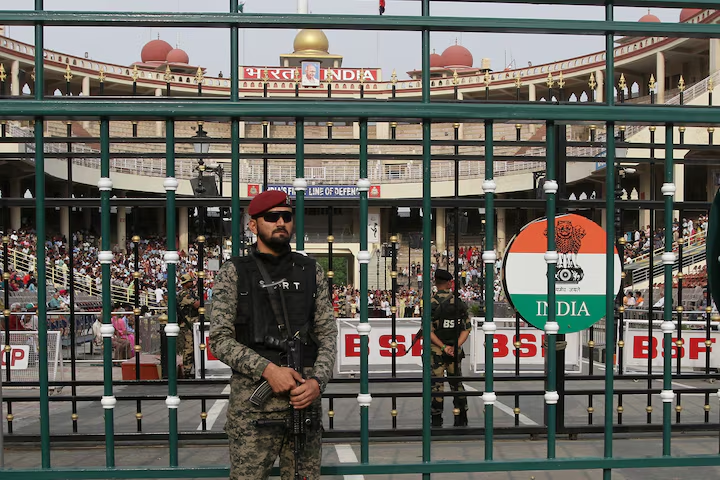Egyptian authorities have detained and deported dozens of international pro‑Palestinian activists who arrived in Cairo ahead of the Global March to Gaza, scheduled for June 15, organizers and officials reported. The crackdown underscores Egypt’s sensitive political balancing act amid strong public support for Palestinians and its diplomatic ties with Israel and key Western allies.
Over the past two days, more than 70 foreign nationals—including Europeans, North Africans, and others—were deported after arriving at Cairo International Airport, according to Reuters and AP sources . Egyptian officials cited the lack of necessary authorization for travel through the militarized Sinai region as justification, while activists described being detained for hours and summarily expelled .
Saif Abu Keshek, a spokesperson for the Global March movement, said approximately 200 participants—primarily Algerians and Moroccans—were detained in the airport or hotels before being denied entry . Despite the deportations, approximately 1,500 activists from around the world remain in Egypt, and organizers have affirmed their determination to continue with the planned march from El Arish to the Rafah border crossing on June 15 .
The Global March to Gaza is a coordinated international protest aimed at breaking Israel’s blockade of Gaza and drawing attention to the ongoing humanitarian crisis. The planned route involves travel from Cairo to El Arish in Sinai, followed by a 50‑kilometer march to Rafah to demand open access for aid into the Gaza Strip . Activists from more than 80 countries—including members of civil rights, faith, and humanitarian groups—intended to participate .
Egypt’s Ministry of Foreign Affairs justified the deportations on the grounds of security and compliance with national regulations. Authorities asserted that access to sensitive border zones, including Sinai, requires prior approval from Egyptian embassies and that any unauthorized entry undermines national security .
Critics, however, argue the move reflects a pattern of suppressing pro‑Palestinian activism. Human rights observers have previously documented Egypt’s suppression of dissenting voices—particularly criticism of Israeli policies—even as the government publicly endorses a Palestinian ceasefire . Analysts note that such protest actions are often perceived as politically sensitive, given Egypt’s role in mediating Gaza‑related diplomacy and safeguarding security in Sinai.
The decision also reflects diplomatic pressure from Israel. Israeli Defence Minister Israel Katz publicly urged Egypt to prevent the march, characterizing the activists as jihadists and a threat to regional stability . Egypt, in turn, appears compelled to preserve ties with Israel and its Western partners while managing domestic pressures.
As the date approaches, organizers say they have secured necessary documentation for most participants who remain, and have begun congregating in Cairo and El Arish. A legal team involved in the effort stated that they “complied with all legal requirements” and are preparing to continue the march, even in the face of intensified scrutiny and deportation of early arrivals .
In response, several embassies—including those of France and Sweden—have intervened to assist their citizens detained in Cairo, issuing consular visits and advocating for their prompt release . Reports suggest that most deported individuals have been sent to Istanbul, where assistance is being coordinated.
Despite visa denials, abuse allegations, and political backlash, the Global March remains on track. Organizers reaffirmed their mission: to amplify global pressure for humanitarian aid access in Gaza, invoking the dire situation faced by nearly half a million Palestinians at risk of famine under an intensifying blockade .
Egypt’s maneuvers highlight the complex geopolitical landscape. While the government seeks to maintain its mediation role and regional security posture, pro‑Palestinian protests evoke powerful domestic and regional sentiments. In the coming days, Egypt will face intense scrutiny over its handling of activists, both in terms of human rights and regional diplomacy.
The march, if it proceeds as planned, may escalate the tension between civil society advocacy and state authority, illuminating the increasing stakes of public protest in a region defined by conflict and competing interests. Should participants reach Rafah on June 15, the event will mark a symbolic—but potent—challenge to Gaza’s blockade.
Source: Al Jazeera


